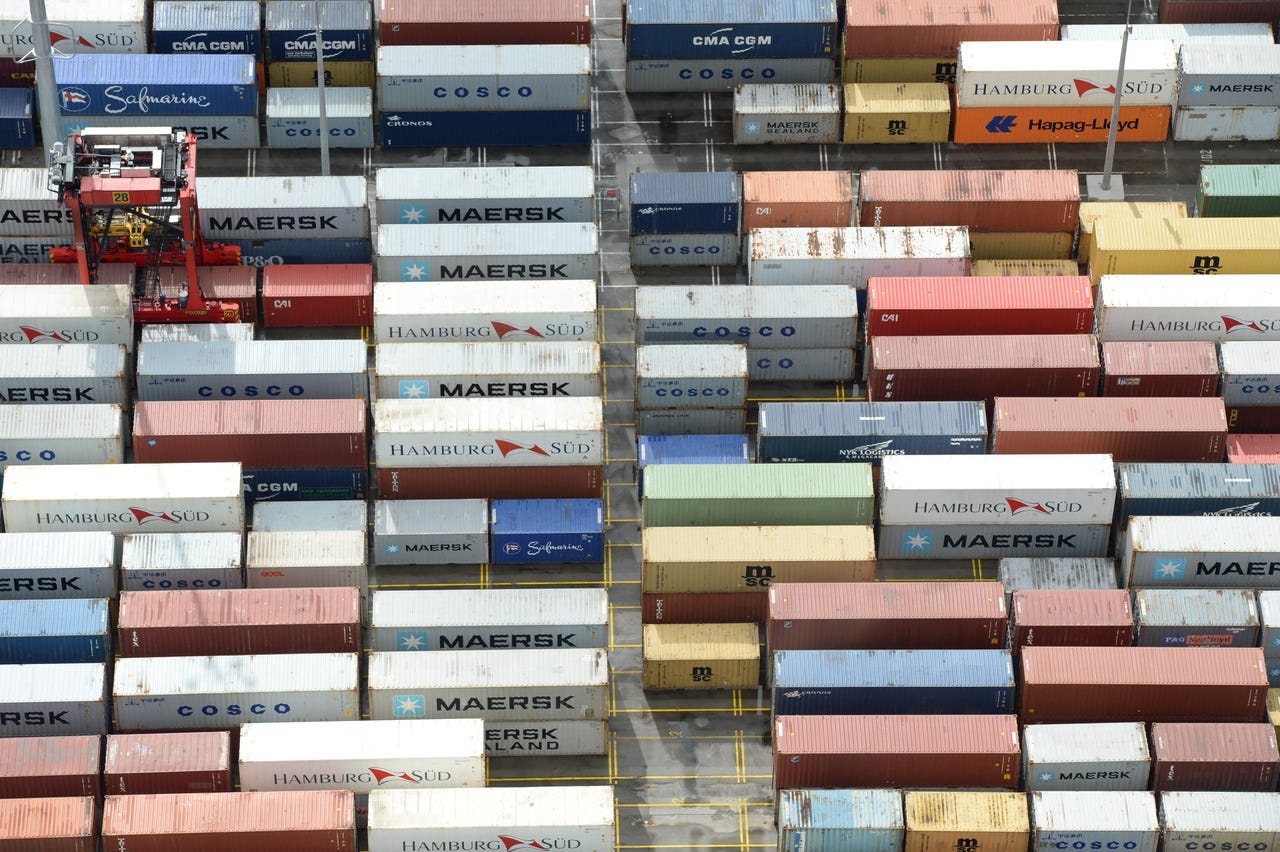Trellis Data using machine learning to analyse shipping containers entering Australia


Botany Bay, Sydney
The Department of Agriculture is looking to improve Australia's biosecurity measures, bringing in local machine learning firm Trellis Data to use its tech to analyse shipping containers.
The new technology, known as the Biosecurity Automated Threat Detection System (BATDS), has been used to analyse containers brought to shore, inspecting them for threats such as invasive insects and pests which hitchhike on shipping containers arriving from other countries.
BADTS enables the detection of invasive species that are less than 10mm in size and provides an explanation as to why the pest is a threat.
See also: What is machine learning? Everything you need to know
On a usual year, Australia's borders experience AU$42 billion in inbound tourism and AU$53 billion in agricultural exports. In 2020, over 2.5 million containers came into Australia.
Trellis' tech was used by the department in a trial that saw the machine learning system analyse over 1,700,000 images with a 99% accuracy rate. The company said approximately 4% of containers coming into Australia have pests or contaminants that need to be removed before they arrive.
The trial was conducted in partnership with the Department of Industry, Science, Energy and Resources, the Department of Agriculture Water and the Environment, and logistics company DP World in Brisbane.
According to Trellis, the ability to now check every container, in real-time, provides a step-change increase to Australia's biosecurity capability.
It said digitising the inspection process for immediate cargo clearance is forecast to save the department over 100,000 hours of effort per year.
"This new technology will deliver 100% surveillance across the nation's container ports to stop invasive pests from breaching biosecurity's processes, and the destruction of our precious food basins," Trellis Data CEO Michael Gately said. "The result will be world-leading biosecurity detection -- to secure not only Australia's agriculture industry, but that of other leading agricultural countries."
RELATED COVERAGE
- CSIRO to use artificial intelligence, machine learning, and sensors to end plastic waste
- Aussie researchers using machine learning to analyse rock art
- NSW Transport and Microsoft use machine learning and data to reduce road accidents
- Australian insurer uses AI for car accident claims
- Western Power investing in IoT to predict the future of energy consumption